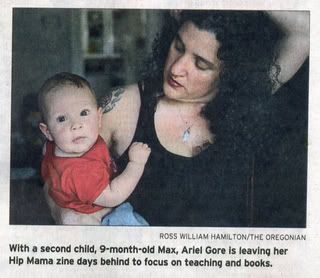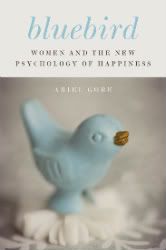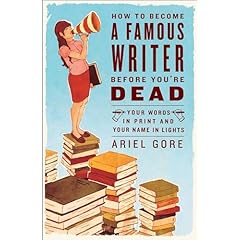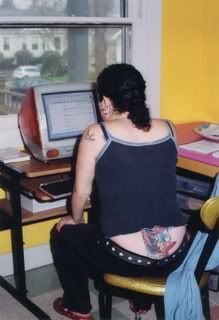In
Recollections of My Life as a Woman, the poet Diane di Prima tells of a night at Allen Ginsberg's place in New York. She'd gotten a friend to babysit her young daughter and headed over to Ginsberg's apartment because Jack Kerouac and Philip Whalen were in town for "one of those nights with lots of important intense talk about writing you don't remember later."
Well, Diane had promised her babysitter that she'd be back at 11:30 that night, and 11:30 starts rolling around, so she bids her farewells. "Whereupon, Kerouac raised himself up on one elbow on the linoleum and announced in a stentorian voice: "DI PRIMA, UNLESS YOU FORGET ABOUT YOUR BABYSITTER, YOU'RE NEVER GOING TO BE A WRITER.""
How do you like that?
Kerouac just raises himself up on his one drunken elbow and slaps us with the great fear we all share. He embodies the archetype of the selfish, self-destructive male artist and he announces that unless we, too, are willing to be irresponsible to our relationships, we’ll never quite measure up.
"I considered this carefully, then and later," di Prima writes, "and allowed that at least part of me thought he was right. But nevertheless I got up and went home."
Three cheers for di Prima!
"I'd given my word to my friend," she explains, "and I would keep it. Maybe I was never going to be a writer, but I had to risk it. That was the risk that was hidden (like a Chinese puzzle) inside the other risk of: can I be a single mom and be a poet?""
A serious question, that one. Serious not only for single moms, but for all of us. Can we be present in our relationships and still do the work we feel called to do? It's like my friend Lynn says: "A woman has to make a real effort not to dissolve into everything that needs her." Our relationships need us, but we don't want to dissolve. We refuse to dissolve, but we choose also to be responsible to our relationships. We're tired of the drunk guy on the linoleum telling us we can't do both. Women have always done both.
Looking back, di Prima recognizes what is true: Had she opted to stay that night, "there would be no poems. That is, the person who would have left a friend hanging who had done her a favor, also wouldn't have stuck through thick and thin to the business of making poems. It is the same discipline throughout--"
The same discipline.
And discipline, like motherhood, is good for the soul. Poetry is good for the soul. Responsibility to all of our dysfunctional relationships is good for the soul. The archetype of the selfish male artist tells us that we can't manage all of these things at once, that we can't be simultaneously responsible to children, babysitters, self, and art, that we have to sacrifice, to abandon—but we know that’s a lie.
As I write this, Kerouac has been in his grave for nearly 40 years. Diane di Prima is down in San Francisco, mother of five children, author of 35 books of poetry and several memoirs, powerhouse and 21st century radical.
In
Revolutionary Letters, di Prima writes, "Be strong. We have the right to make the universe we dream. No need to fear 'science' groveling apology for things as they are, ALL POWER TO JOY, which will remake the world."
Three cheers for the courage to make the universe we dream.







